Vocabulary expansion Science Worksheets for Ages 5-9 - Page 2
29 filtered results
-
From - To
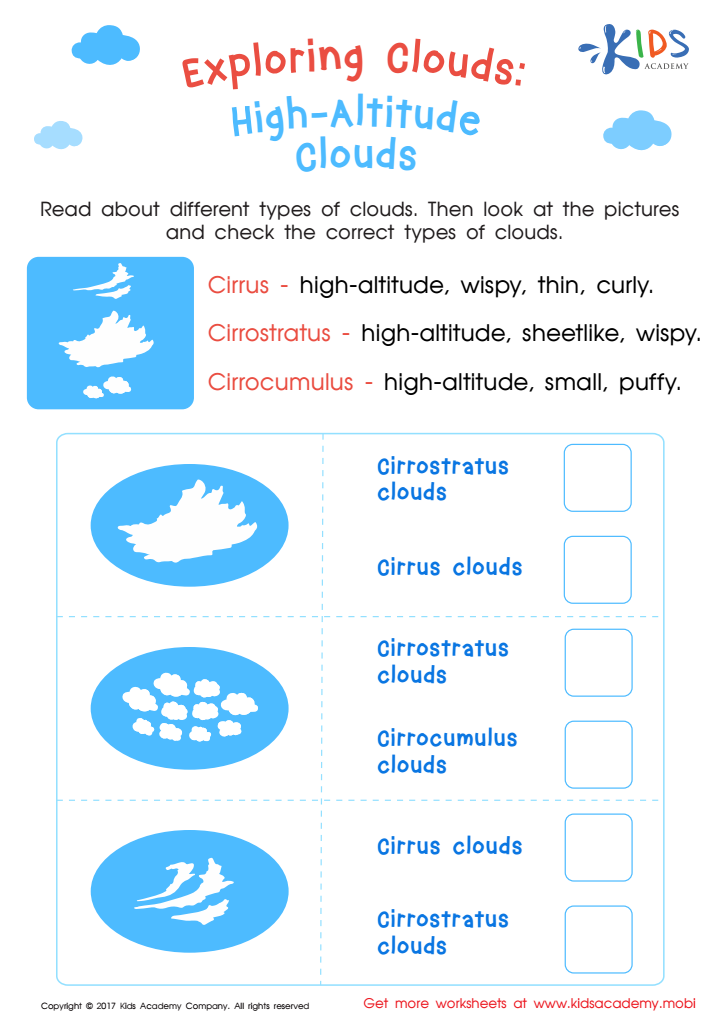

Exploring Clouds: High Altitude Clouds Worksheet
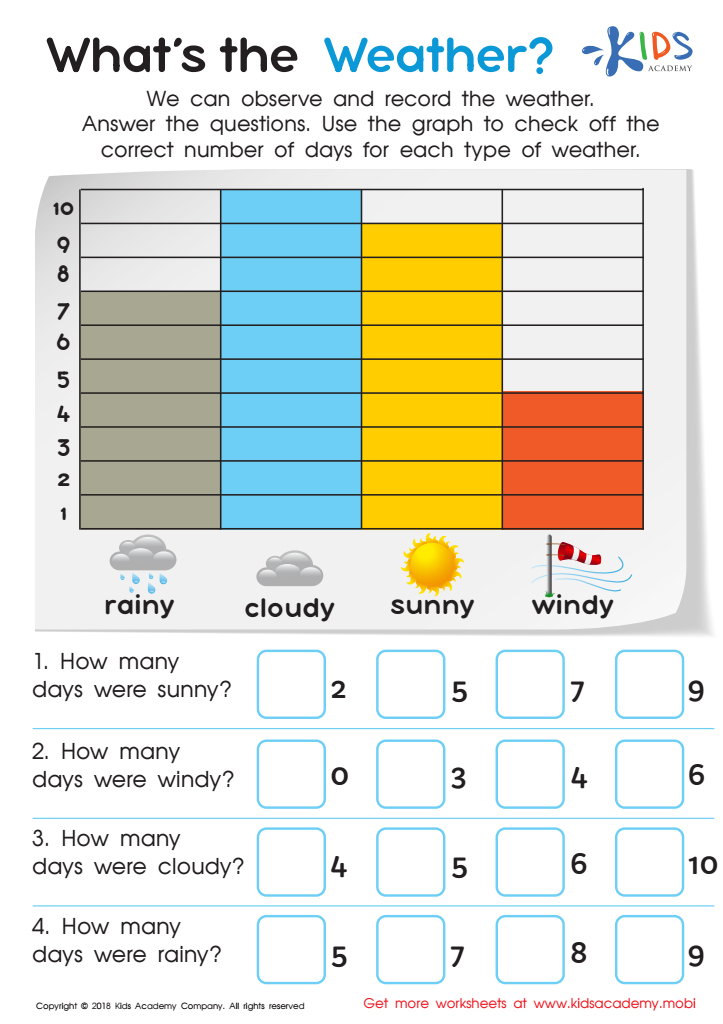

What's the Weather? Worksheet
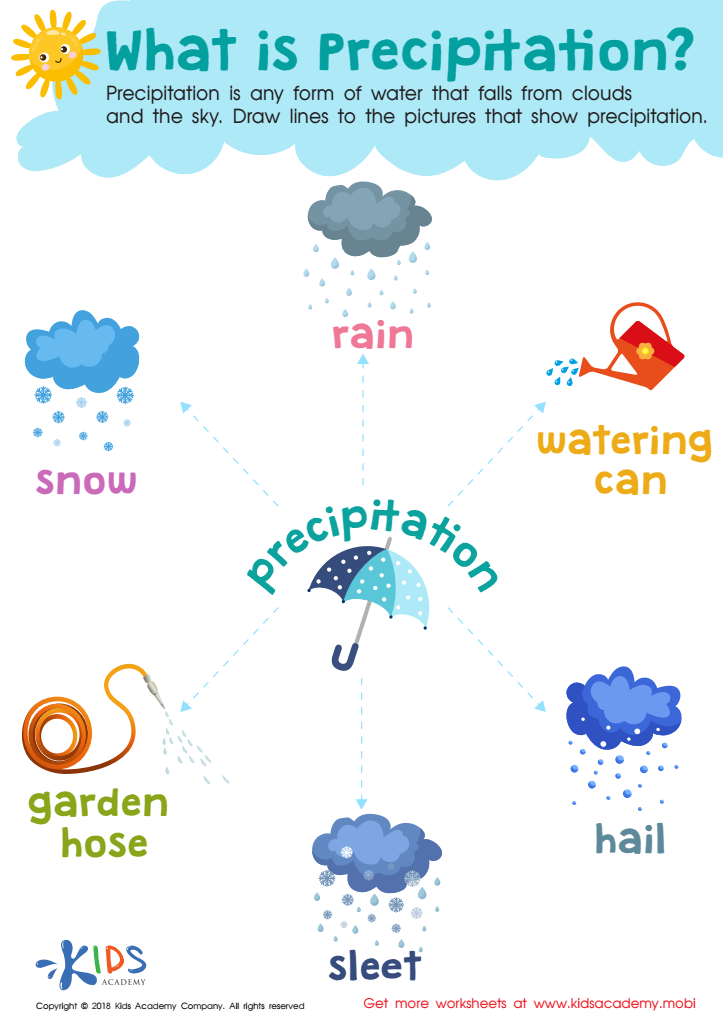

What Is Precipitation? Worksheet
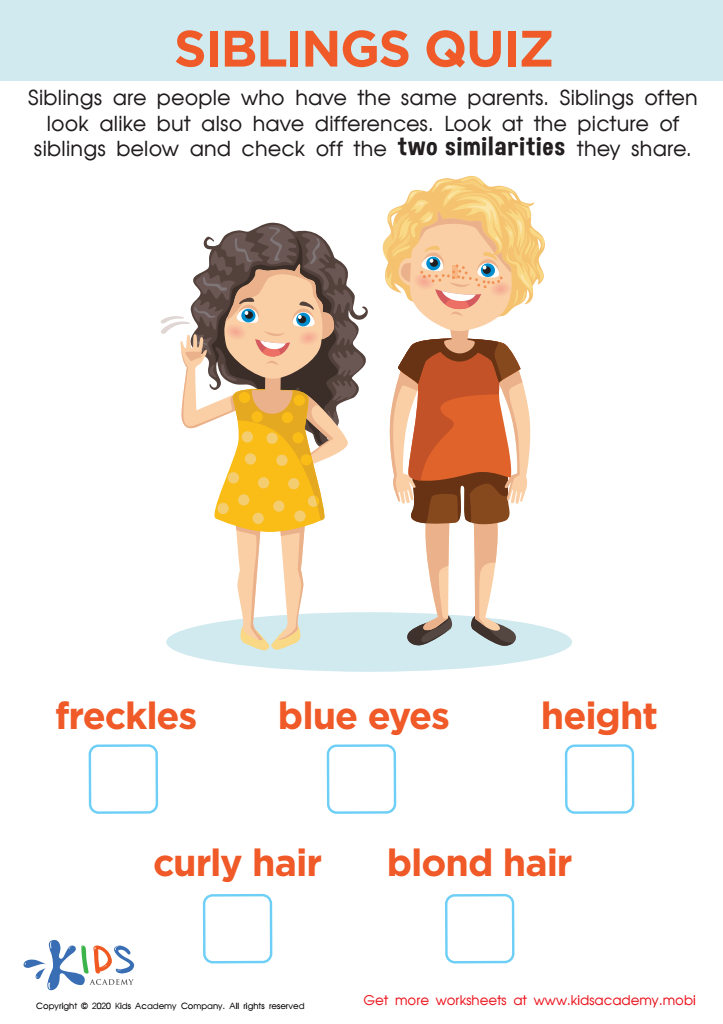

Siblings Quiz Worksheet
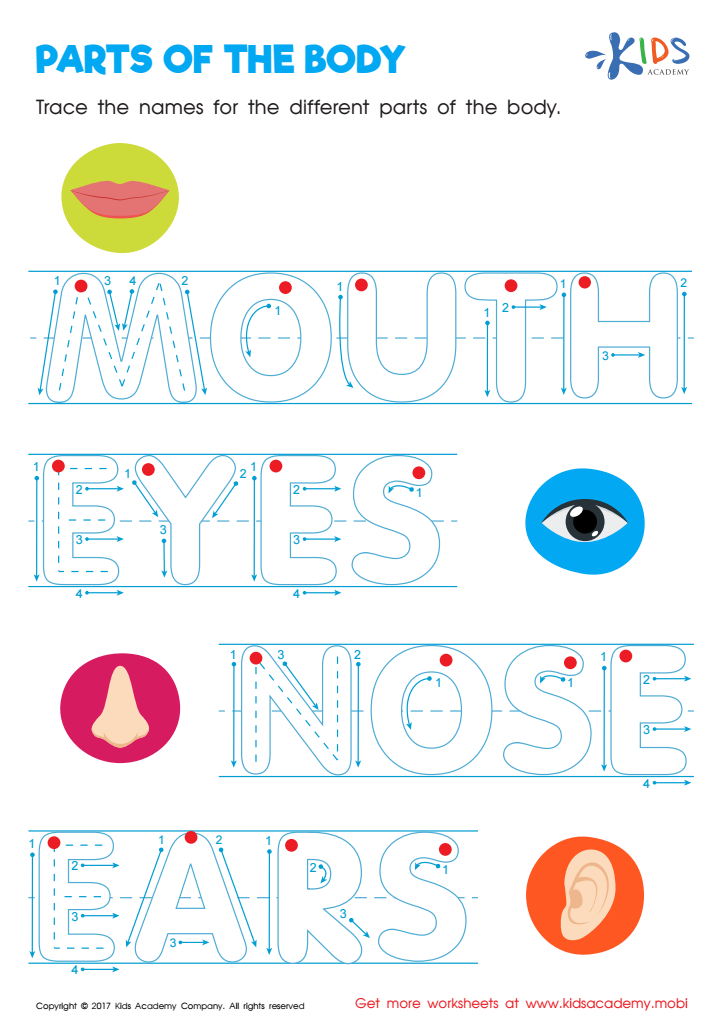

Vocabulary expansion is crucial for children aged 5-9, especially in the context of science education. During these formative years, children are naturally curious and eager to explore the world around them. A robust vocabulary supports their ability to express thoughts, understand complex concepts, and engage in discussions. When parents and teachers emphasize vocabulary growth, they lay the groundwork for cognitive development and critical thinking skills.
In science, new terms and concepts can often seem daunting. However, building a rich vocabulary allows children to better comprehend scientific terminology and the principles underpinning various phenomena. This understanding fosters a genuine interest in the subject, encourages inquiry, and nurtures a lifelong love for learning.
Furthermore, vocabulary plays a significant role in literacy development. Proficiency in language boosts reading comprehension and writing skills, allowing children to effectively communicate their ideas and findings. It also allows them to articulate questions and thoughts, promoting active participation in discussions.
Supporting vocabulary expansion in science is not merely about memorizing terms; it is about creating connections, fostering curiosity, and nurturing informed future citizens. When parents and teachers prioritize vocabulary learning, they empower children with the language skills needed to explore, understand, and appreciate the complexities of the scientific world.

 Assign to My Students
Assign to My Students



















